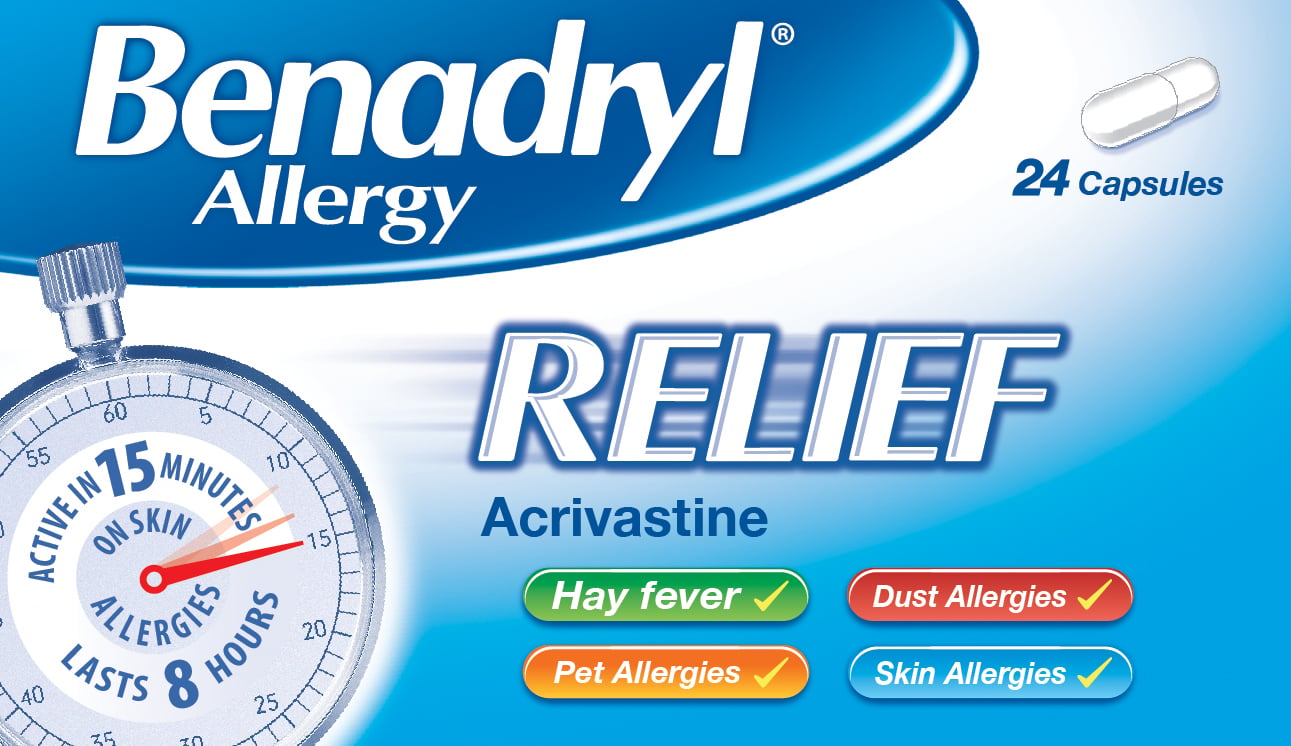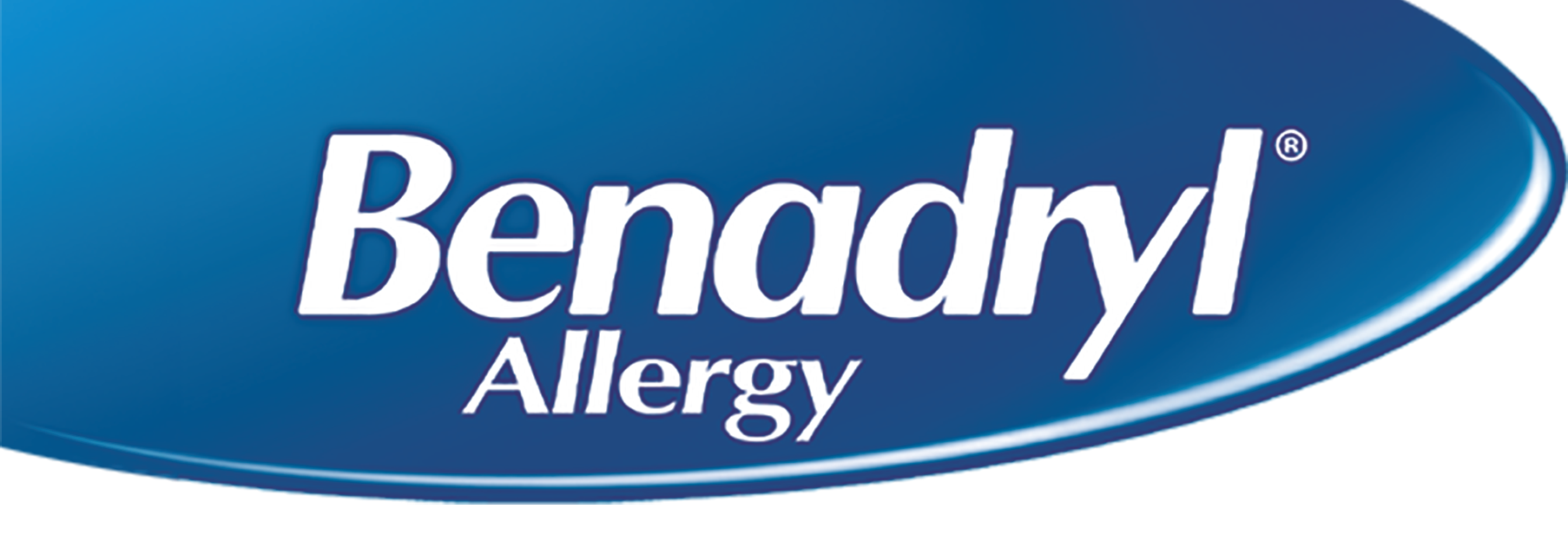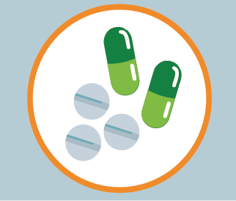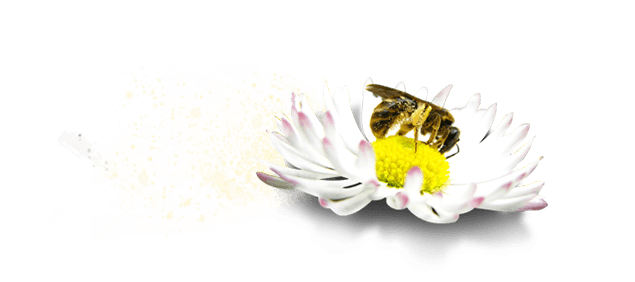In this guide:
What are antihistamines?
What is histamine?
How do antihistamines work?
Taking antihistamines
Antihistamine FAQs
What are antihistamines?
Antihistamines are a form of medication that can be used to relieve allergic reactions, such as hay fever. They’re available in multiple forms – including tables, liquids, eye drops, and nasal sprays – and can usually be bought from pharmacies and supermarkets without prescription.
Types of antihistamines
There are various types of antihistamines, but they’re usually divided into two groups:
Antihistamines that can make you feel sleepy.
Non-drowsy antihistamines (in most people) – such as cetirizine and acrivastine.
You’ll find a wide range of antihistamine treatments containing several different active ingredients in the BENADRYL® range. These include:
BENADRYL® Allergy Relief Capsules contain acrivastine, a unique active ingredient that starts to work in just 15 minutes, providing fast relief from allergy symptoms.
BENADRYL® Allergy One A Day 10mg Tablets contain cetirizine and is designed to provide all day relief.
Discover more treatment options with our allergy treatment guide.
What is histamine?
Sometimes, when sensitised individuals come into contact with an allergy trigger, the body releases a chemical called histamine.
Common allergy triggers include pollen, animal fur, insect stings, house dust mites, and certain food types, like peanuts or dairy. For most people with these allergies, the body mistakes these harmless allergens as a threat and produces histamine as a response.
When the histamine is released, it then causes an allergic reaction, which can result in symptoms such as:
Itchy/watery eyes
A runny or blocked nose
Sneezing
Rashes on the skin.
How do antihistamines work?
Antihistamines can’t stop your body from having an allergic reaction. However, they can help relieve some of the common symptoms associated with an allergic reaction by blocking the effects of histamine when your body comes into contact with an allergy trigger.
When you take antihistamines after you’ve come into contact with something you’re allergic to, they may help to reduce the severity of your symptoms.
While antihistamines work well to relieve symptoms associated with different types of allergies, it’s worth noting that they cannot relieve every symptom. Some people also find that certain types of antihistamines work well for them, while others don’t. So, you may need to try several types to figure out which one is the best for you.
If you’re unsure about antihistamine treatment, it’s a good idea to get in touch with your GP or consult with your pharmacist, as not all antihistamines are suitable for everyone.
Taking antihistamines
Food
Food and non-alcoholic drink do not affect most antihistamines, but you may want to check the leaflet that comes with your medication just to be sure.
It’s worth noting that eating grapefruit or drinking grapefruit juice can affect certain medications, as it can potentially increase the level of the medicine within your blood. Therefore, some antihistamine products – such as BENADRYL® Allergy Relief – warn that you shouldn’t drink grapefruit juice when taking them. Read the leaflet with your medicine to check whether or not this applies.
Additionally, some antihistamines contain lactose as an ingredient, so consult your doctor if you have an intolerance before taking the medication.
Alcohol
With all antihistamine products, do not consume alcohol when taking the medication. This is especially the case if it’s a type of antihistamine that makes you feel drowsy, as this can increase your chances of feeling more sleepy.
Other medicine
Some medicines do not mix with antihistamines. This may stop either of the medications from working properly or increase the risk of side effects.
Examples of medication that could cause issues if taken alongside antihistamines include:
Antidepressants
Indigestion medication
Stomach ulcer medication
Cough and cold medicines which already contain antihistamine.
If you’re already taking other medications, speak to a pharmacist or GP before taking antihistamines.
How do antihistamines work?
Antihistamines prevent the actions of histamine when your body comes in contact with allergy triggers.
How do antihistamines help allergies?
Antihistamines can help relieve allergy symptoms. These symptoms can include: sneezing, itchy, watery eyes, itchy, runny nose or skin rash.
Types of antihistamine
There are a number of antihistamines available to relieve allergy symptoms. Two options from the Benadryl range include:

Acrivastine: Benadryl Allergy Relief Capsules
Benadryl Allergy Relief contains acrivastine, which starts to work in 15 minutes and works faster than cetirizine and loratadine tablets and capsules.

Cetirizine: Benadryl One a Day 10mg Tablets
Benadryl One a Day contains cetirizine which provides long lasting, all day relief.


